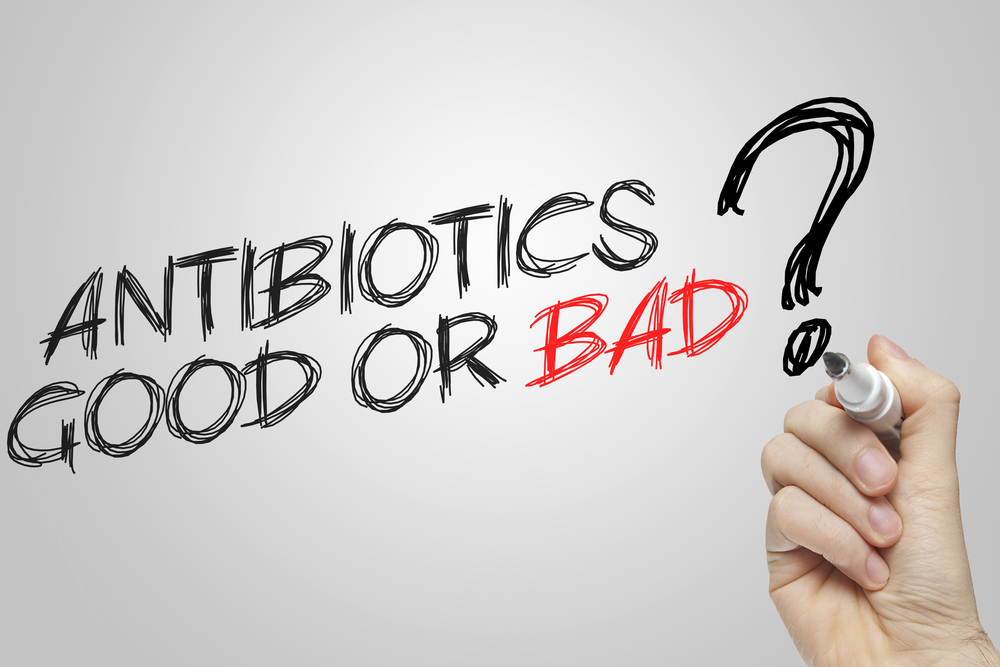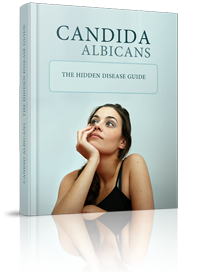Pesticides and Candida
One of the direct causes of Candida albicans overgrowth is pesticides.
You need to avoid using them around your house and eat foods that have the least amount of them. Eat organic whenever possible. They suppress your immune system allowing the Candida to wreak havoc without any resistance.
Small doses of can adversely affect people. Exposure during fetal development and childhood can have long lasting effects. Because of the toxic effects, you are wise to minimize your exposure to whenever possible.
Toxic Effects of Pesticides
- Immune System Suppression
- Neurotoxicity
- Disruption of the Endocrine System
- Cause Cancer
- Disrupt Male Reproductive Function
- Miscarriages
- Heart Congestion
- Lung Damage
- Kidney Damage
- Muscle Damage
- Damage to the Adrenal Glands
- Brain Damage, like Parkinson's Disease
- Low Blood Pressure
- Weight Loss
The EPA considers 60% of herbicides, 90% of fungicides and 30% of insecticides to be carcinogenic.
You can lower your exposure by almost 90% by avoiding the top twelve most contaminated fruits and vegetables and eating the least contaminated instead. Eating the 12 most contaminated fruits and vegetables will expose you to about 15 pesticides per day. Eating the 12 least contaminated will expose you to less than 2 per day.
Washing and rinsing fresh produce may reduce levels, but it does not eliminate them. Peeling also reduces exposure, but the peel contains many of the valuable nutrients of the food. The best option is to eat a varied diet, wash all your produce, and choose organic when possible.
DIRTIEST 14
These fruits and vegetables containing the highest amount of pesticides.
- Apples
- Celery
- Cherry Tomatoes
- Cucumbers
- Grapes
- Hot Peppers
- Kale / Collard Greens
- Nectarines
- Peaches
- Potatoes
- Snap Peas
- Spinach
- Strawberries
- Sweet Bell Peppers
CLEANEST 15
These fruits and vegetables containing the lowest amount of pesticides.
- Asparagus
- Avocado
- Cabbage
- Cantaloupe
- Cauliflower
- Eggplant
- Grapefruit
- Kiwi Fruit
- Mango
- Onions
- Papaya
- Pineapples
- Sweet Corn
- Sweet Peas (Frozen)
- Sweet Potatoes
You can download a printable copy of these lists and get more information at the Environmental Working Group website.
Pesticides are just one of many reasons that you should be on the lookout for organically grown food. Organic farmers use natural insect predators and barriers to get rid of pests. Traditional farmers use insecticides and other chemicals to do this.
Because of this organically grown food does not contain health harming chemicals. Many people avoid organic food because of the price. However eating organic can be quite affordable if you plan wisely.
If you have a choice between wilted organic vegetables and fresh conventional ones, go with the fresh conventional ones. Old wilted vegetables loose many of their nutrients and may even have mold growing on them. If you do buy conventional vegetables, make sure they are the ones on the Cleanest 15 list.
By avoiding this common cause of Candida albicans, you greatly improve you chances of success with the Candida albicans cure.
Home > Candida Albicans Causes > Pesticides






New! Comments
Have your say about what you just read! Leave me a comment in the box below.